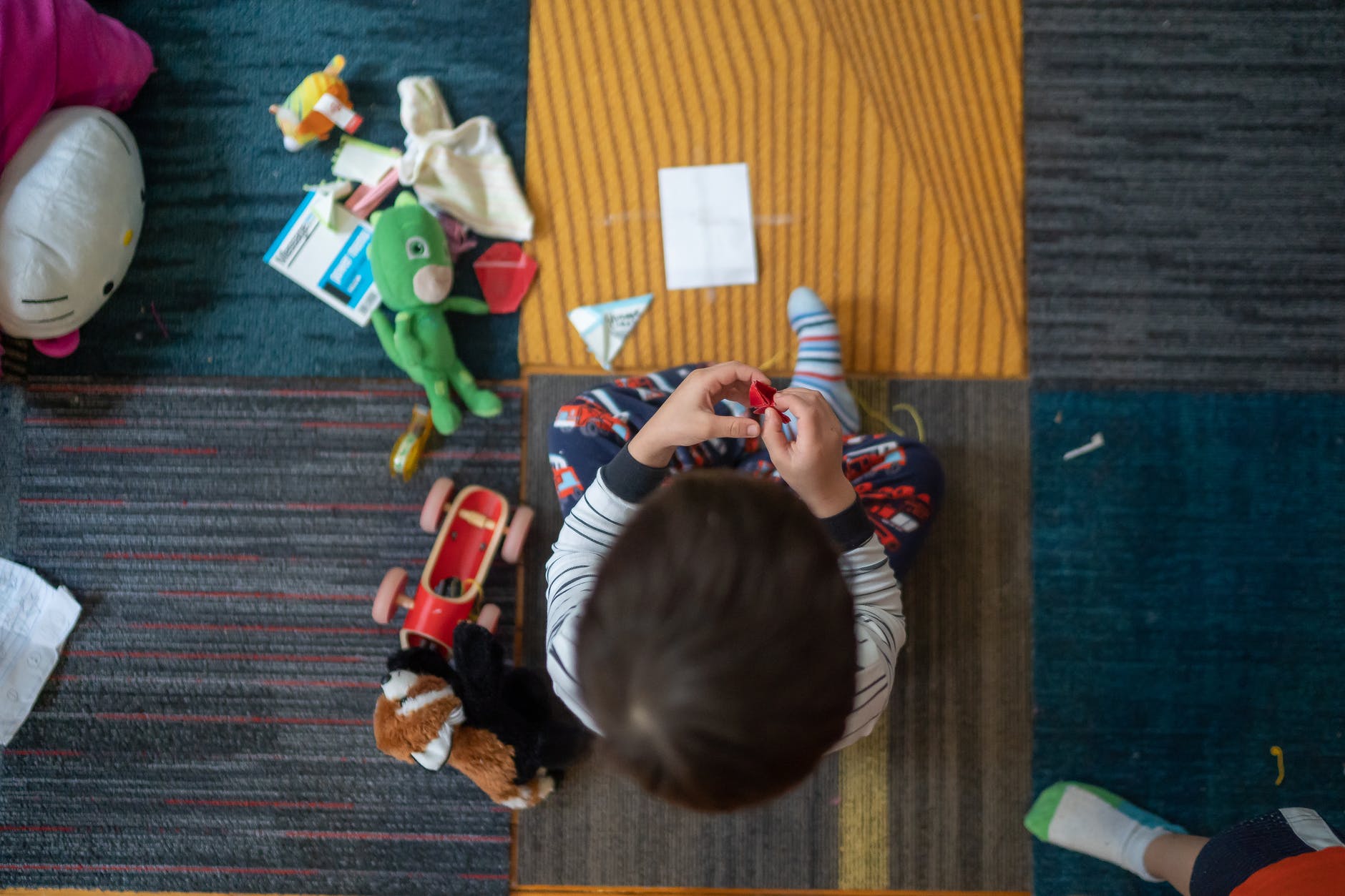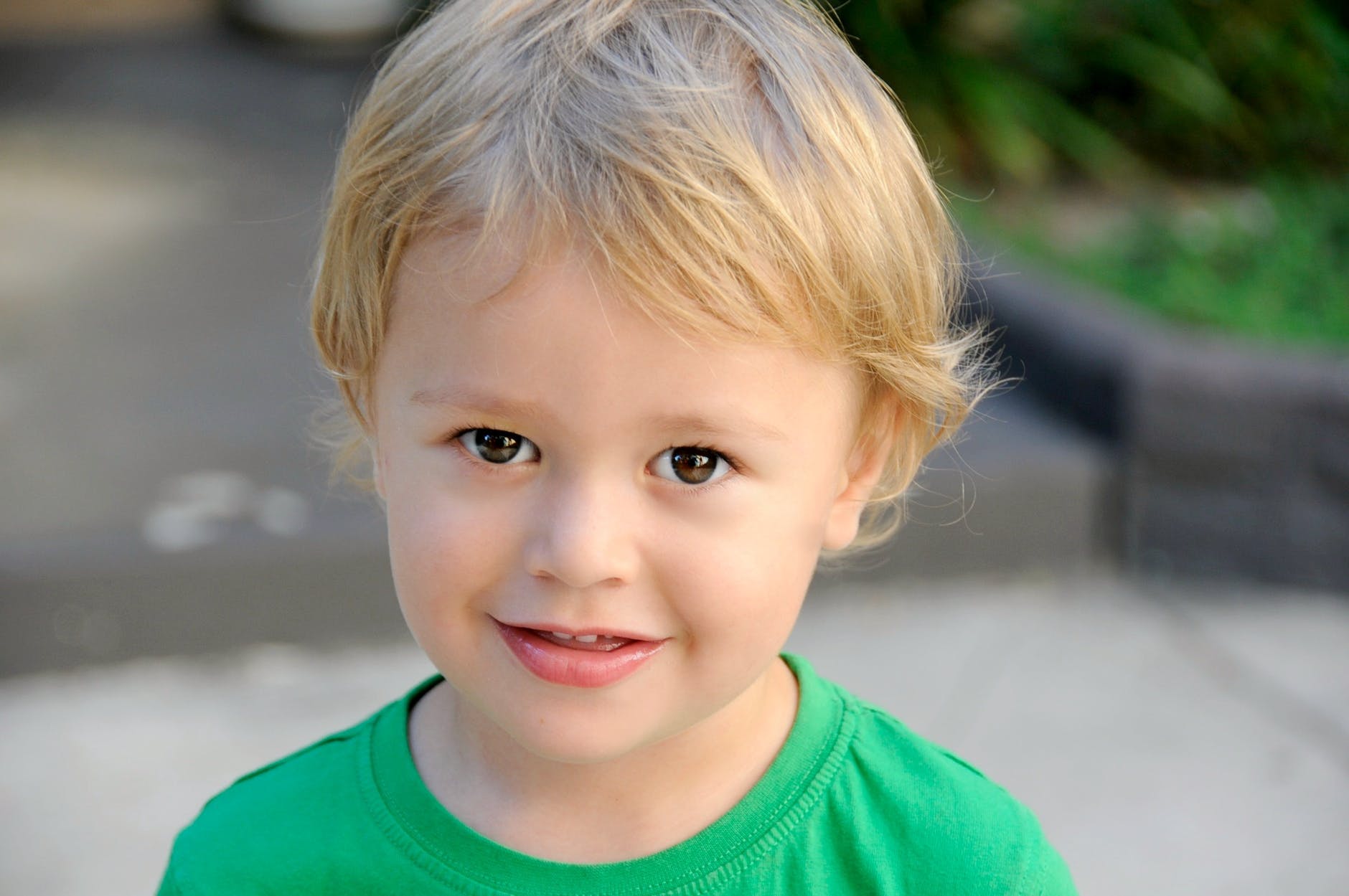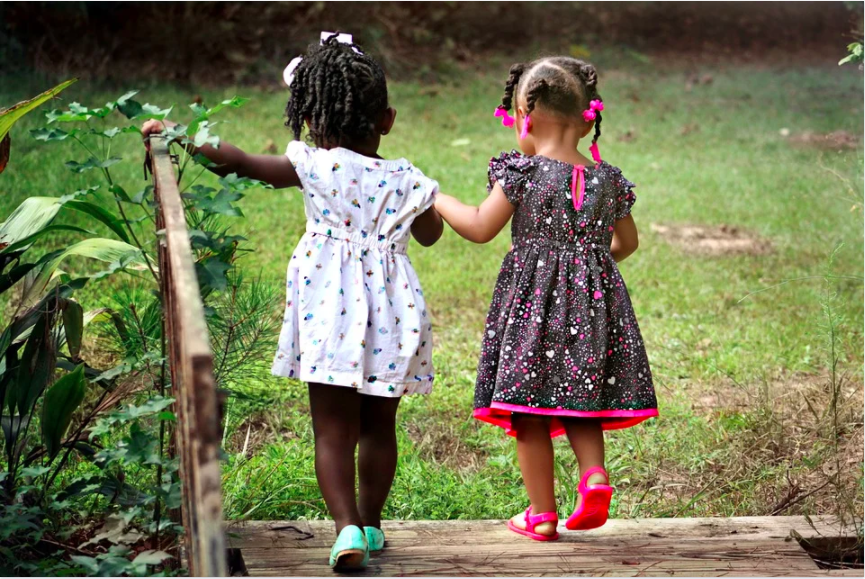Hey, moms and dads, how are you doing?
Does this never-ending lockdown and the learning-from-home thing have you at the end of your rope? Or are you dealing with it just fine?
Either way you look at it, parenting is a tough gig and moms and dads all over the place know that those little angels have a tendency to drive you up the wall…even when they put on their sweetest face.
Parents, we have a feeling that these tweets will look very familiar to you…let’s take a look.
1. Let’s stop playing the Guessing Game.
At least for a few hours, please?
Kids really overestimate how much parents want to guess things.
— Simon Holland (@simoncholland) October 17, 2020
2. It’s like Maximum Overdrive.
The machines are rising up against us!
My daughter just shouted, “I can’t go on living with this refrigerator anymore!” after it dispensed ice instead of water. While 2020 has been a pretty devastating year, the threat of death by refrigerator was wholly unexpected.
— Rhyming Mama (@sarabellab123) October 16, 2020
3. He’s catching on really fast.
You’re doing a great job!
I caught my son sneaking cookies and then he lied about it.
I proceeded to give him a lengthy lecture about honesty. I wanted to make sure he understood, so I asked him what it means to tell the truth. He said, "um, a rocket ship!"
Follow me for more parenting tips!
— Christina Crawford (@Xtina_Crawford) October 16, 2020
4. Thank you, Captain Obvious.
Smart kid, right there.
The baby was crying next to me as I was trying to pick up his toy so my daughter casually points out “hey mom, baby brother’s crying” and goes back to doing her own thing, so yeah, captain obvious 100% takes after her dad.
— Scary Mommy (@ScaryMommy) October 17, 2020
5. It’s not working.
Time to figure out a new technique.
I’m starting to think that maybe saying “hurry up, we’re gonna be late!” over and over doesn’t in fact help my kids hurry up.
— Snarky Mommy (@SnarkyMommy78) October 16, 2020
6. What a cute name!
This is why you don’t let kids name ANYTHING.
My 5yo named her new kitten Penis. Penis is female.
— Lil Bit
(@LizerReal) September 24, 2020
7. Things are about to get LOUD.
You need to stop this before it starts.
Where can I sign-up in advance for my child to NOT receive a recorder?
— Satirical Mommy (@MommySatirical) October 16, 2020
8. It’s all going in there, baby!
It really doesn’t matter anymore.
Since googling foods that can be cooked in a waffle maker, the phrase eating 3 square meals a day has a whole new meaning in our house.
— Spookin’ Darla (@Darlainky) March 11, 2015
9. It’s way too early to deal with you.
Come back in a few hours.
[6 AM]
Me: [sitting down on couch with first cup of coffee]
Child [coming out of bedroom]: good morn-
Me [pushing child back into bedroom]: NO NO NO NO NO NO NO— Rodney Lacroix (@RodLacroix) July 23, 2020
10. That sounds awesome!
Aren’t you having a blast?!?!
Let’s get married & have kids so instead of trying a pumpkin beer you can stop the crying while I go back into the corn maze to find the shoe.
— Simon Holland (@simoncholland) October 6, 2020
11. We are all this baby right now.
Oh, what a year it’s been…
The speed at which our baby goes from smiling to scream crying is something I actually really relate to in 2020.
— Emily Favreau (@emilyfavreau) October 6, 2020
12. A creepy whisper.
Just give him what he wants.
I tell my toddler to "ask nicely" and instead of saying please he whispers his demands and I'm not even sure that he's wrong
— Not Another Pinterest Mom (@snarkymomtobe) October 8, 2020
13. What kind of sandwich, though?
That makes all the difference.
Fell asleep on the couch, woke up to my 2yo trying to feed me a sandwich. How’s your day going?
— ??
(@I_DrinkAndText) October 6, 2020
Okay, moms and dads, now we want to hear from you. Yeah, you!
In the comments, please tell us how it’s going in your household right now.
Are your kids driving you nuts or are you currently involved in an uneasy truce?
We can’t wait to hear from you!
The post Parenting Tweets for All the Moms and Dads Out There Who Need a Break appeared first on UberFacts.

 (@adult_mom)
(@adult_mom) 

















 (@maryfairybobrry)
(@maryfairybobrry) 








 Ohio mom of two (@OhioMomoftwo)
Ohio mom of two (@OhioMomoftwo)